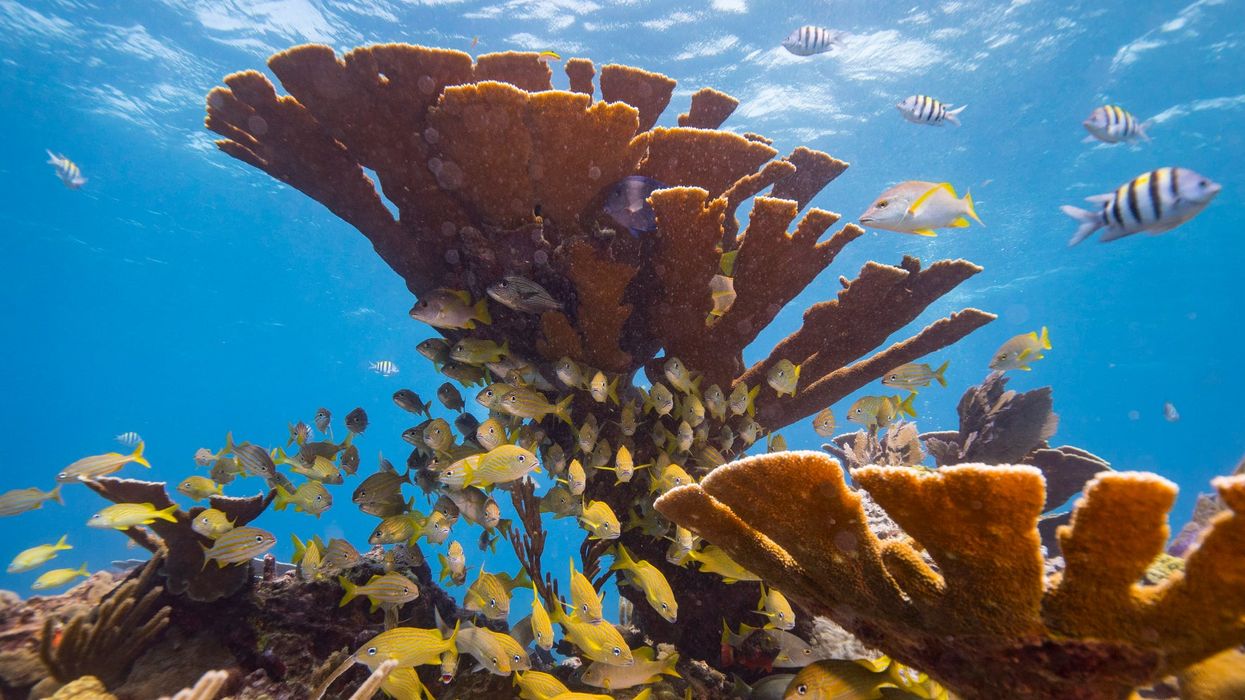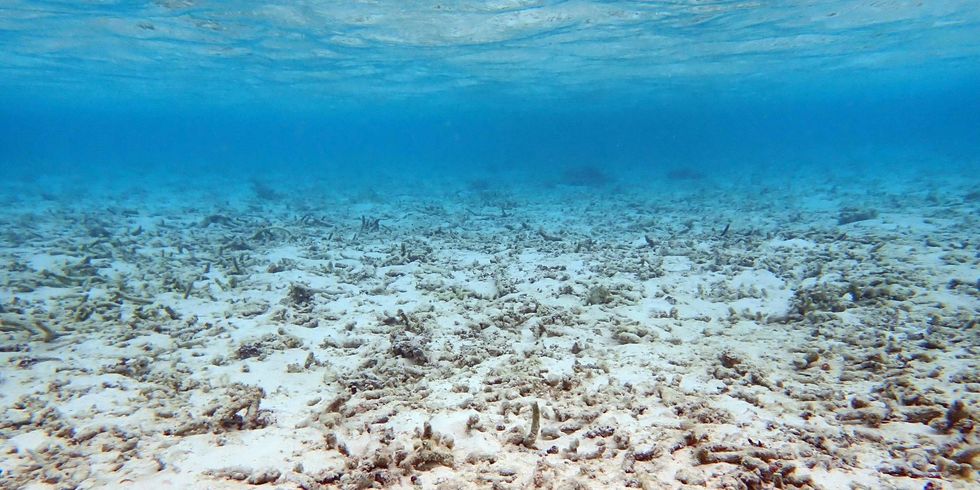James Besanvalle
Feb 19, 2020

Image:
Getty
Unless we urgently heed the warning of climate change scientists, people in 2100 will watch Finding Nemo and wonder why the coral reef habitats aren’t all dead and an eerie shade of bleached white.
According to scientists, rising sea surface temperatures and acidic waters will likely eliminate all coral reef habitats across the globe.
Renee Setter, biogeographer at the University of Hawaii Manoa, said in a statement:
By 2100, it's looking quite grim. At the end of the day, fighting climate change is really what we need to be advocating for in order to protect corals and avoid compounded stressors.
In fact, the destruction of coral reef habitats is already happening.
Less than half of the world’s reefs could be currently regarded as being in “good health”, with a projection of 70 to 90 per cent of coral reefs disappearing over the next 20 years.
So what’s happening?
Global ocean temperatures are rising and this warmer water puts extra stress on coral, causing them to release symbiotic algae.
This means typically colourful corals turn white through a process known as coral bleaching.
While bleached coral doesn’t necessarily mean it’s dead, there’s a higher chance of the coral eventually dying.
But it’s not all doom and gloom.
There are efforts to restore coral habitats around the world and scientists have mapped out what the focus areas should be for maximum efficiency.
Scientists recommend urgent action needs to be taken to address rising temperatures and ocean acidification.
Hang in there, Nemo.
H/T: Science Daily
Keep reading...Show less
Top 100
The Conversation (0)














